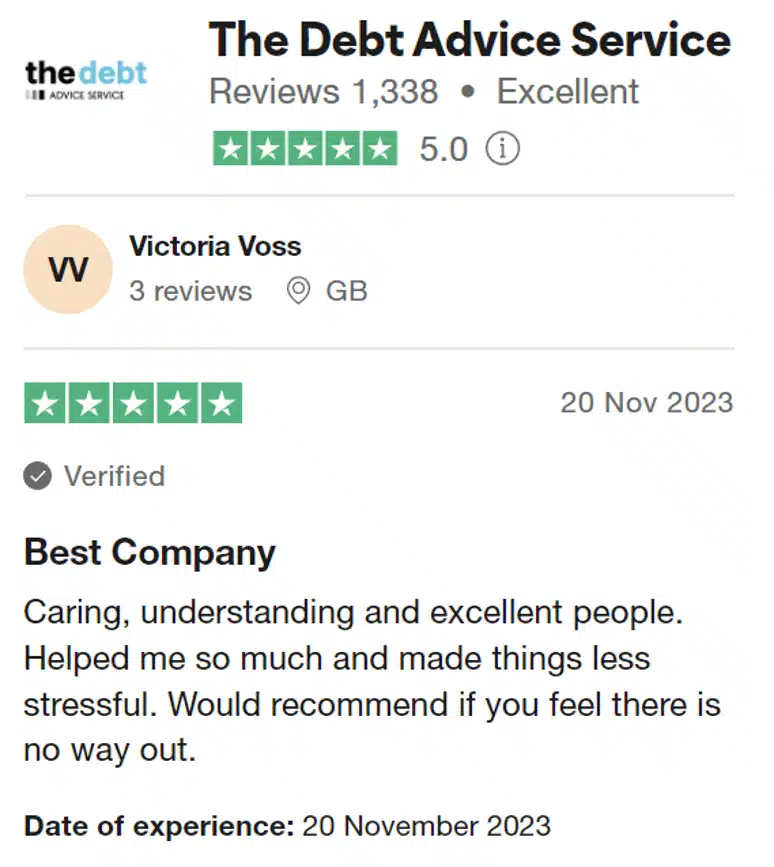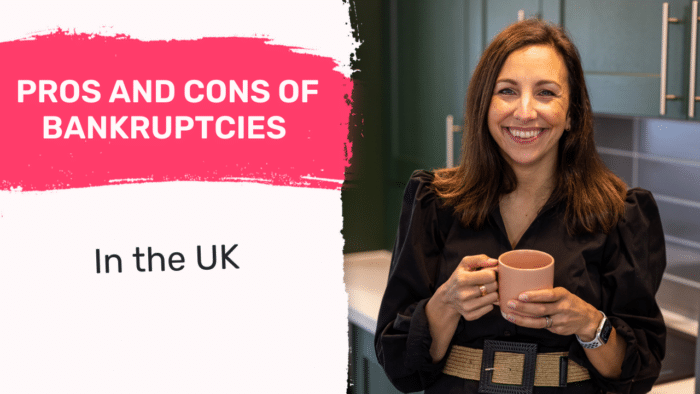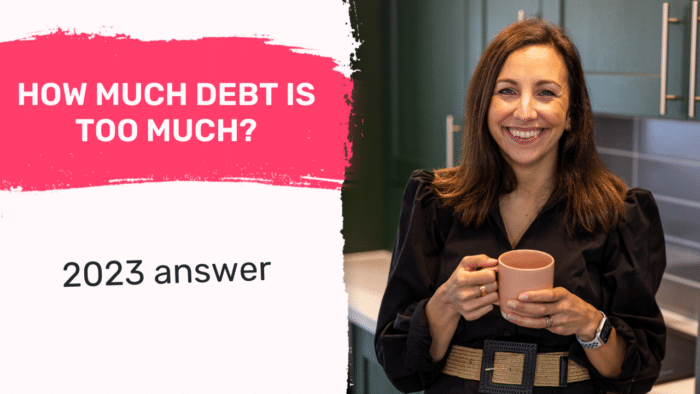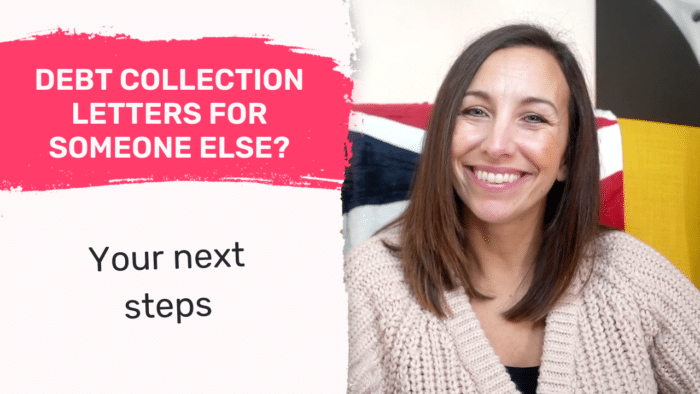Should I Pay Clydesdale Financial Services Debt Collection?
For free & impartial money advice you can visit MoneyHelper. We work with The Debt Advice Service who provide information about your options. This isn’t a full fact-find, some debt solutions may not be suitable in all circumstances, ongoing fees might apply & your credit rating may be affected.
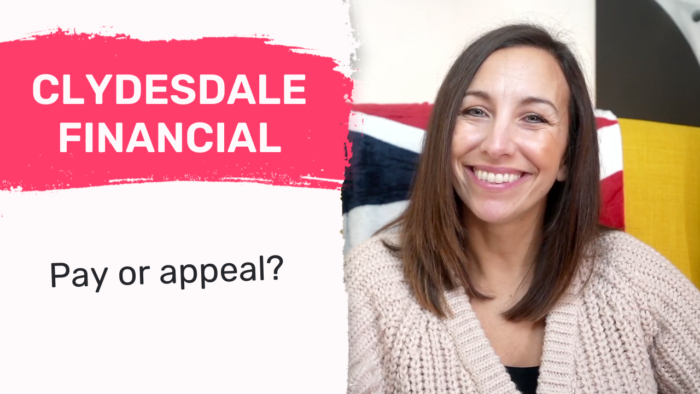
For free & impartial money advice you can visit MoneyHelper. We work with The Debt Advice Service who provide information about your options. This isn’t a full fact-find, some debt solutions may not be suitable in all circumstances, ongoing fees might apply & your credit rating may be affected.
If you’ve been contacted by Clydesdale Financial Services about a debt, you may feel worried. You might be wondering what to do next and how to handle the situation. Don’t worry; you’re not the only one feeling this way. Each month, over 12,000 visitors come to this site looking for guidance on debt matters.
In this article, we’ll cover:
- Whether you need to pay Clydesdale Financial Services.
- How Clydesdale Financial Services is regulated.
- Ways to lower your repayments.
- The effects of ignoring a letter from Clydesdale Financial Services.
- The impact of a County Court Judgement (CCJ) on your credit score.
We understand how stressful dealing with debt can be as our team is experienced in dealing with these issues and are here to support you. Keep reading, and we will guide you on how to deal with Clydesdale Financial Services and their debt collection process.
Should you ignore a letter from Clydesdale Financial?
No. It’s never a wise decision to ignore letters or phone calls from debt collection agencies. It just ends up making matters more complicated and stressful!
For example, what if the debt isn’t yours and by not responding you don’t find this out? Clydesdale Financial Services won’t stop pursuing the debt even when it’s not yours!
Another thing to check is the age of the debt you’re being chased for. If the debt is six years old, it could be too old to enforce! More on this later.
What happens when you ignore a creditor?
Ignoring a debt letter could lead to:
- Legal action being started against you. The court issuing a County Court Judgement which will appear on your credit file
- Enforcement Officers (formerly known as bailiffs) visiting you at home and seizing some of your assets/possessions
- A judge issuing an attachment on your bank account or weekly earnings
So, as you can see, ignoring the problem could have serious consequences.
How a debt solution could help
Some debt solutions can:
- Stop nasty calls from creditors
- Freeze interest and charges
- Reduce your monthly
A few debt solutions can even result in writing off some of your debt.
Here’s an example:
Situation
| Monthly income | £2,504 |
| Monthly expenses | £2,345 |
| Total debt | £32,049 |
Monthly debt repayments
| Before | £587 |
| After | £158 |
£429 reduction in monthly payments
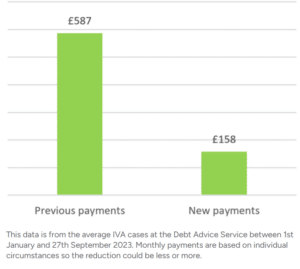
If you want to learn what debt solutions are available to you, click the button below to get started.
What powers does Clydesdale have?
Clydesdale must follow the law when they get in touch. They can’t enforce a debt unless a court order is issued for you to pay!
What if the debt can’t be proven?
If the debt can’t be proven, you won’t have to pay. The creditor could take you to court, but without proof a judge would find it hard to make you pay.
In short, with no credit agreement to prove the debt, you can’t be made to settle a debt.
Thousands have already tackled their debt
Every day our partners, The Debt Advice Service, help people find out whether they can lower their repayments and finally tackle or write off some of their debt.

Natasha
I’d recommend this firm to anyone struggling with debt – my mind has been put to rest, all is getting sorted.
Reviews shown are for The Debt Advice Service.
What happens when the debt is proven?
Stay in touch with Clydesdale and seek independent advice from a charity or debt expert!
You should explain your personal circumstances to the creditor but don’t admit, agree or fork any money over to them. Not until you’ve discussed your options with an independent debt adviser!
Should a creditor let you seek debt advice?
You have the right to tell a creditor you need time to explore all debt solutions available. Creditors must allow you the time to do this!
Make sure you keep the creditor informed of the situation or they may escalate things!
How should Clydesdale contact you?
Creditors can legally contact you about an alleged debt. However, they must follow the law when they get in touch.
For example, there are things a creditor can do and there are things which are unlawful!
What can Clydesdale do?
Clydesdale Financial Services can:
- Contact you about a debt you may owe
- Discuss the amount with you discreetly, remaining polite and showing empathy towards your personal circumstances
- Ask you to pay the debt in full or in instalments if an agreement is reached on a payment plan
- Report you to credit reference agencies each time you default on a payment
You can’t prevent a creditor from doing any of the above because they would be acting within the law!
What can’t Clydesdale do?
Clydesdales Financial Services may not do any of the following because it’s unlawful:
- Discuss things with your employer or visit you at work
- Talk to your friends, a family member or neighbours about the money you allegedly owe
- Infer they are appointed by the courts and have the same powers as bailiffs (enforcement agents)
- Show you documents that seem to be issued by the courts
- Force entry into your property, seize possessions or clamp vehicles
- Pressure you to take out another loan
- Harass you with lots of phone calls
If you think a creditor is acting unlawfully and not abiding by FCA rules, you can report them to the Financial Ombudsman Services (FOS).
What sort of legal action can Clydesdale take?
Before any legal action can begin, the creditor must send you:
- A default notice
- A letter of claim (letter before action)
- A claim pack
No legal action can start before you get these documents from the creditor. Moreover, you have the option to settle the debt at every step of the process to avoid legal proceedings!
» TAKE ACTION NOW: Fill out the short debt form
Will you have to attend court?
You’ll have to attend court if Clydesdale files for a County Court Judgement. You’d be party to the hearing and you’d have to agree to the verdict a judge passes down.
Does a CCJ compel you to pay?
Yes. A CCJ compels you to settle the debt which could be in a lump sum or in agreed monthly instalments. In short, you’d have no choice but to pay the money owed to Barclays.
What happens if you don’t pay after a CCJ is issued?
An attachment of an Earnings order could be issued against you if you don’t pay once a court order is issued. In short, Clydesdale could apply for an order and instalments taken directly from your earnings every month!
Can you stop Clydesdale from contacting you?
No. You can’t stop a creditor from contacting you even if the debt isn’t yours or it’s too old to enforce. But you have the right to ask them to communicate with you in specific ways and at certain times!
How do you contact Clydesdale Financial Services?
It’s always a good idea to stay in touch with Clydesdale Financial Services. Even if the debt isn’t yours and they’re chasing the wrong person, you have to let them know!
You can reach the creditor in the following ways which include an email address for complaints:
| Phone | 0800 15 22 888 |
| Complaints | [email protected] |
| Address | 1 Churchill Place, London E14 5HP, UK |
| Trading address | Barclays Partner Finance, PO Box 2501, Cardiff CF23 0FP. |
| Website | https://www.barclayspartnerfinance.com/ |
| Opening times | Monday to Friday – 9 am to 6 pm, Saturdays – 9 am to 5 pm |
